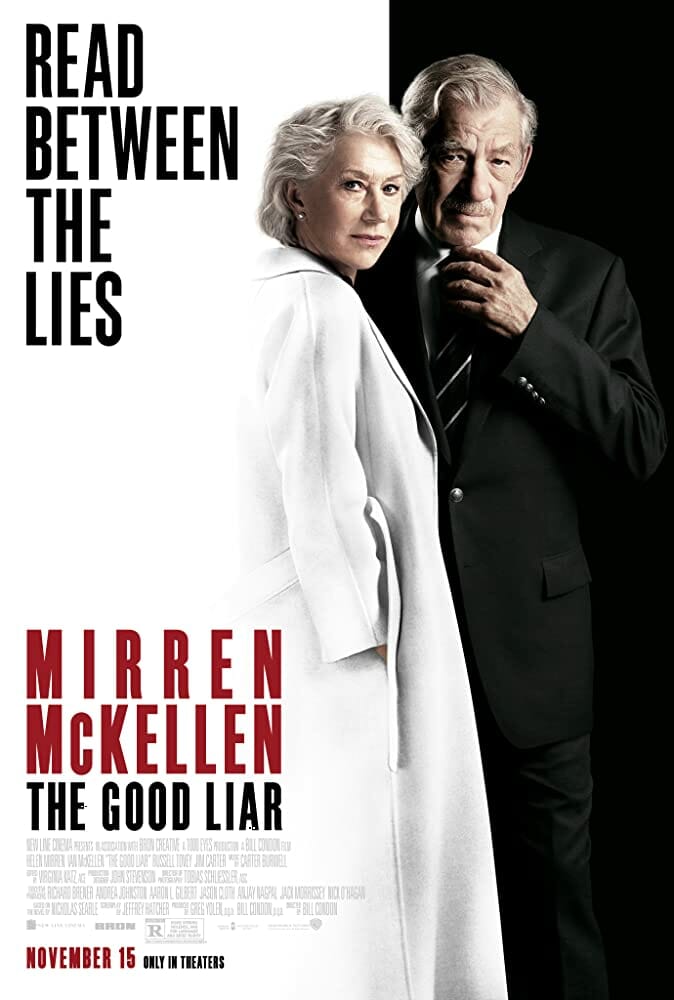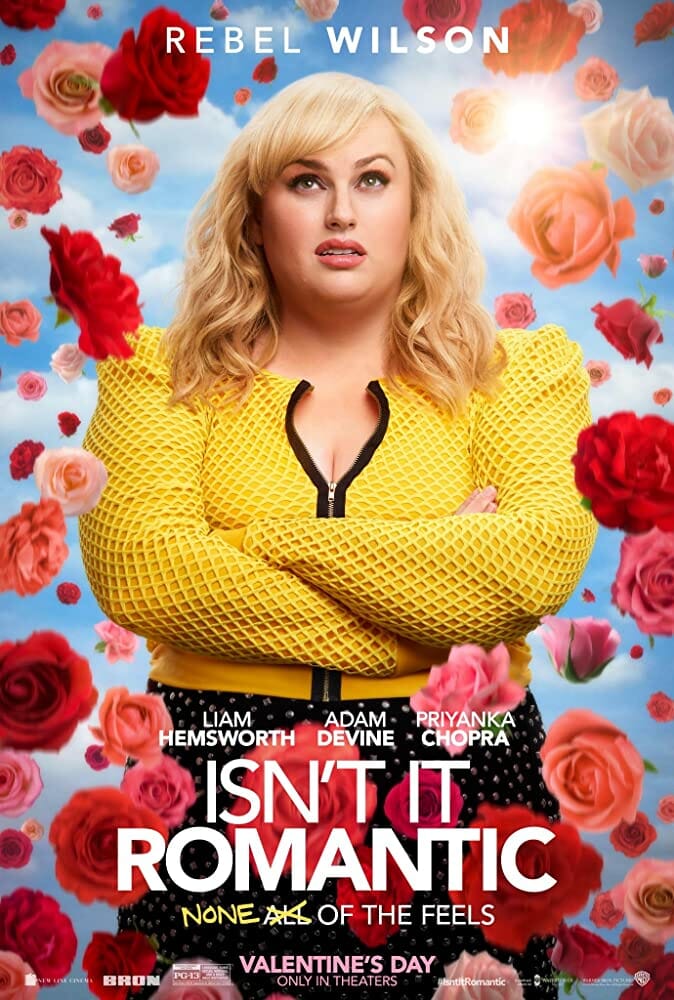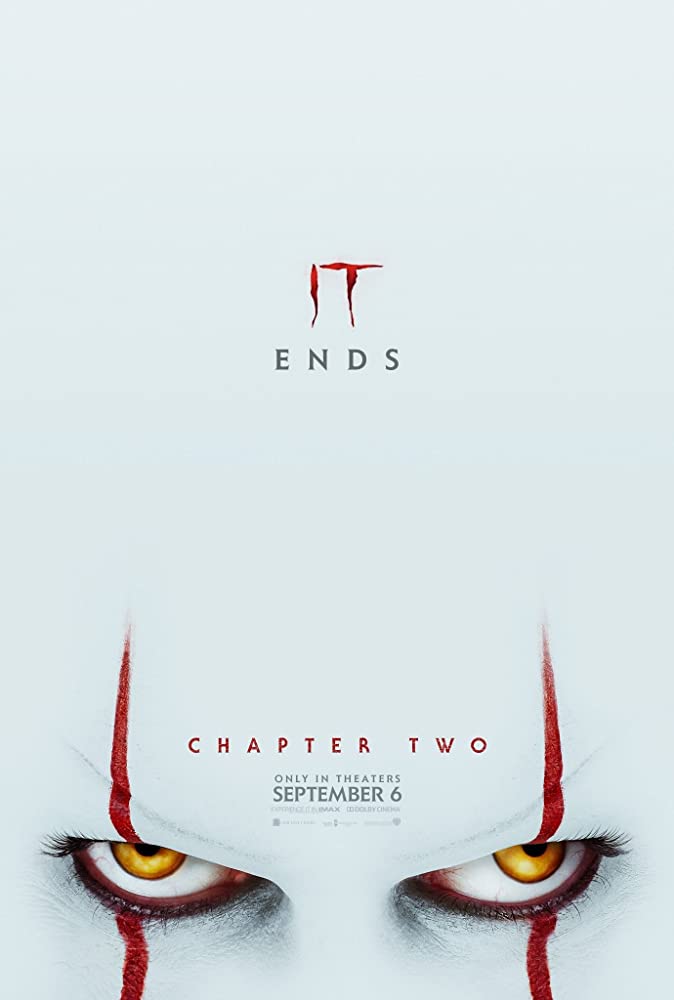Started by four Polish immigrant brothers as a movie theater business in the early 1900s, Warner Bros. became a film studio in 1923. Warner Bros. has produced several classic films including Casablanca, A Clockwork Orange and Goodfellas as well as the blockbuster Harry Potter franchise, and several DC Comics adaptations.
One of Warner Bros.’ most notable films, Rebel Without a Cause (1955), included one of the earliest notable gay-coded characters in Sal Mineo’s tragic character Plato. In the decades since, other LGBTQ inclusive films from the company include Dog Day Afternoon (1975), The Color Purple (1985), Interview with the Vampire (1994), and Midnight in the Garden of Good and Evil (1997). Nearly all of those films were based on external source material that included LGBTQ characters. More recently, Warner Bros. has released inclusive films such as Alexander (2004), Kiss Kiss Bang Bang (2005), V For Vendetta (2005), and J. Edgar (2011). The studio’s slate in recent years has included stand outs like Tammy (2014), Storks (2016), and Crazy Rich Asians (2018), as well as notable lows like Get Hard (2015), Central Intelligence (2016), and CHiPs (2017) which all traffic heavily in gay panic jokes and other cheap punchlines.
Doctor Sleep
Widest Theatrical Release: 3855 theaters
Vito Russo Test: Fail
Based on the Stephen King novel of the same name, Doctor Sleep is a sequel to The Shining, following the movement of the True Knot cult, who feed on children with special abilities, or “shine.” One member of the True Knot, recruited early in the film, is a teenage girl known as Snakebite Andi. In the book, Andi is written as a lesbian, but this is made out to be a choice she had made because she was sexually abused by men in her life, which is an untrue and harmful way to think of lesbian sexuality. In the film, however, there isn’t any indication of her sexual orientation, except complimenting cult leader Rose as beautiful once. As GLAAD referenced in last year’s report, because of the number of ways in which Andi, Rose, and Sarey’s stories were mishandled in the source material, the decision to cut any queer content seems best so as to reduce harm in this one case.
The Goldfinch
Widest Theatrical Release: 2542 theaters
Vito Russo Test: Fail
Based on the best-selling novel of the same name, The Goldfinch follows a young boy, Theo, and the years-long consequences of his stealing a painting after he survives an explosion at a museum that kills his mother. Also killed in the explosion was a man named Welty, who co-owned an antique shop with another man, Hobie. When Theo visits Hobie to share Welty’s final words, Hobie speaks of Welty as his “business partner.” While it could be interpreted from subtext that the two were romantically involved as Hobie was particularly grief-stricken, the film did not follow through with enough to confirm, which would have been as simple as even one added line. GLAAD did not count Hobie or Welty as gay in its tally.
Another person Theo meets along the way is Boris, a classmate from Russia. When Theo has to leave his house, Boris tells Theo he has something to tell him and then quickly kisses him. Later, the audience learns Boris was planning to tell Theo that he had stolen his painting, nothing about harboring any feelings for him. The kiss is never discussed again, and Boris is only shown romantically with women outside of this one scene. GLAAD did not count Boris as gay or bisexual.
The Good Liar
Widest Theatrical Release: 2454 theaters
Vito Russo Test: Pass
This film follows Roy, a con artist, and his latest victim, Betty, who seems to be a trusting old woman living with her grandson, Stephen. Stephen, a historian, is very suspicious of Roy’s motives. Near the end of the film, it is revealed that Betty was actually running her own con on Roy the entire time, and Stephen was part of the job as her assistant. Stephen is actually Betty’s grandson’s partner, and he was helping Betty with historical research. As the film concludes, the audience sees Stephen with his boyfriend Michael, reuniting and sharing an affectionate moment after the successful fraud has been completed. Stephen’s inclusion was a welcomed surprise, as spy or con films have often included problematic transactional queer relationships as part of the job rather than as a lived identity.
Isn’t it Romantic
![WB-Isnt-it-Romantic-6ea | GLAAD]() Widest Theatrical Release: 3444 theaters
Widest Theatrical Release: 3444 theaters
Vito Russo Test: Pass
In this film, the protagonist, Natalie, wakes up with her life transformed into a romantic comedy. Everything changes, includes her grumpy neighbor, Donny, who overnight assumes all the stereotypical qualities of the “gay best friend” we’ve seen before. The movie pokes fun at how that character has no life of his own, besides helping Natalie. By the end, Donny is empowered to deliver a speech on the importance of self-love, which motivates and propels Natalie into the climax of the film. When she falls out of the romantic comedy world, she sees Donny kissing another man, and thinks that she may still be trapped. However, Donny, back to being her grumpy neighbor, assures her that he has always been gay. Donny’s plot is a fun twist on the trope of the “gay best friend” characters who are rarely developed beyond the surface.
IT Chapter Two
![WB-It-Chapter-Two-371 | GLAAD]() Widest Theatrical Release: 4570 theaters
Widest Theatrical Release: 4570 theaters
Vito Russo Test: Pass
It Chapter Two opens with an unnervingly graphic and drawn out anti-gay hate crime and murder. The director has said that his aim was to be true to a scene from King’s original book – inspired by a real incident where a young man, Charlie Howard, was killed in an anti-gay hate crime in 1984 – and serve as commentary on the hate and violence that LGBTQ people still experience. However, the scene as shown in the film simply reduces the gay couple, Adrian and Don, to nothing more than a plot device that causes another character to realize Pennywise has returned and motivates him to call his estranged friends back to town. The perpetrators of the crime are never punished or even addressed again in the nearly three-hour film, and the gay couple has no further narrative impact. The grisly scene attempts to provide insight on the hatred and violence LGBTQ people may face, but was ultimately not well handled and failed to make a meaningful statement.
The film also includes the reveal that leading character Richie is a closeted gay man and has been in love with his friend and fellow Loser, Eddie, since they were children. As the Losers are all experiencing flashbacks to the childhoods they were forced to forget, Richie sees a moment of his younger self with a boy he seemingly had feelings for before he is bullied and driven away by anti-gay slurs. Pennywise appears and taunts Richie about his “dirty little secret.” The audience then sees Richie carving “R +” into a wooden fence post. In the film’s climax after Eddie is killed, Richie returns to the post and finishes carving “R + E” into the post, and then he drives out of town as the voiceover from lead character Bill echoes, “Be who you wanna be. Be proud.” Unfortunately, this is the end of Richie’s story, so the audience is left unsure if Richie plans to actually come out or begins to date men.
While it was a step forward to acknowledge Richie’s feelings for Eddie, the impact of the film’s climax does not erase the impact of the graphic violence against two out gay men that began the story. It winds up feeling like a tragic bookend, for the gay characters to either be murdered or to lose the love of their life. Had the film given Richie a moment to claim his own narrative, it would have gone some way towards leaving a better impression.
Motherless Brooklyn
Widest Theatrical Release: 1342 theaters
Vito Russo Test: Fail
Based on the book by Jonathan Lethem, Motherless Brooklyn follows Lionel, a detective with Tourette’s syndrome who goes on a journey to find out who killed his mentor. In the book, Lionel encounters a couple of older mobsters who are implied to be gay, yet they do not appear in the film. There is a brief reference a musician makes to oral sex with another man, but it is played off more as a joke than as an actual reference to his sexuality. GLAAD did not count this character in its tally.
Shaft
Widest Theatrical Release: 2952 theaters
Vito Russo Test: Fail
The sequel to 2000’s Shaft, this action comedy continues to follow detective John Shaft as he reunites with his son JJ. The film attempts to make several jokes about millennial culture, and in doing so, continually insults the LGBTQ community. At one point, JJ’s boss complains about his, “seven-year-old daughter who wants me to call her Frank.” John also assumes his son is gay because of JJ’s non-violent views and how he dresses. John asks him about this by saying, “Are you a metro-sexual heteronormative cis-gender-fluid… stop me when I tick your box?” These dated jokes – humorless and invalidating – could have easily been cut from the film.
OPPORTUNITIES AHEAD
Warner Bros. a great opportunity to successfully bring to life on screen LGBTQ characters from DC comics in the upcoming DC Extended Universe (DCEU) films. This spring’s Birds of Prey (and the Fantabulous Emancipation of One Harley Quinn), included lesbian character Renee Montoya and her ex-girlfriend Ellen, as well as briefly confirming that Harley Quinn is bisexual and has dated women. Director Cathy Yan has said that she would like to make a sequel to Birds of Prey that introduces the character of Poison Ivy and explores her romantic relationship with Harley Quinn. There are several more DC films planned with the character of Quinn, including the upcoming Suicide Squad sequel. Quinn’s bisexuality has yet to be fully portrayed on screen, and it is long overdue. Another DC character who is bisexual in the comics, but which has yet to be portrayed as such on screen, is Wonder Woman. The second Wonder Woman film is due to be released in October, and LGBTQ audiences remain hopeful Wonder Woman 1984 will delve into her bisexuality, at the very least acknowledging any relationships she has had with women. The character is also likely to appear in other DC films that involve the Justice League, giving even more opportunities to build out her backstory. Other DC projects in the works include Justice League Dark, which includes bisexual hero John Constantine who can currently be seen on television in The CW’s Legends of Tomorrow, and New Gods, which includes Big Barda, who in some comics is in a relationship with a woman though she is married to Mister Miracle in other runs.
Warner Bros. still has three films left to release in the announced five-film Fantastic Beasts series, with the third film in the saga currently set for a November 2021 release. We have previously and at-length addressed the straight washing of Dumbledore and his relationship with Grindelwald in earlier editions of this report. In December 2019 and summer 2020, screenwriter and author JK Rowling tweeted multiple anti-trans statements and published a nearly 4,000-word essay that spread inaccurate misinformation about transgender people. While Warner Bros. did release a general statement, they have failed to address the seriousness of her anti-trans activism.
Warner Bros. is set to release the film adaption of Lin-Manuel Miranda’s In the Heights in summer 2021. Though there were no LGBTQ characters in the stage musical, Miranda has confirmed that the characters of Carla and Daniela are a couple in the film. Another upcoming musical from Warner Bros. is a new adaptation of The Color Purple. Though the earlier film adaption minimized lead character Celie’s queer identity, that story is present in the source book and the staged musical and must be in the new musical film as well.


 Widest Theatrical Release: 3444 theaters
Widest Theatrical Release: 3444 theaters Widest Theatrical Release: 4570 theaters
Widest Theatrical Release: 4570 theaters










